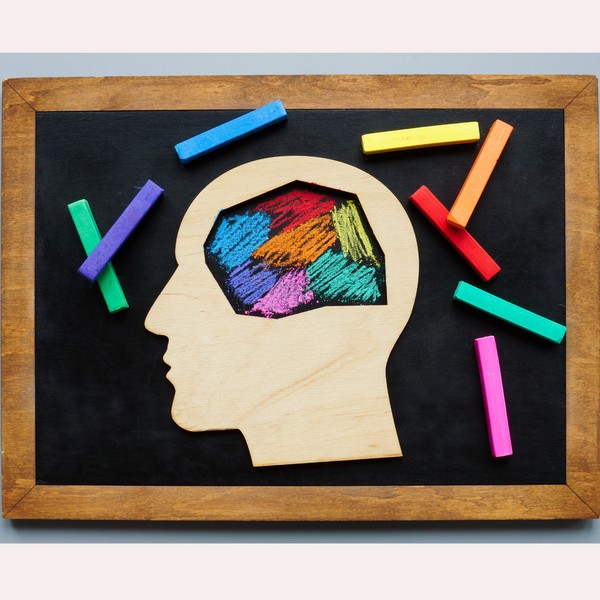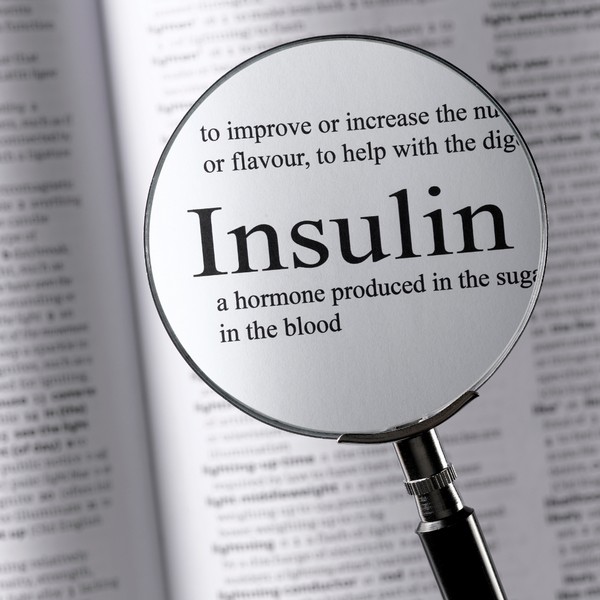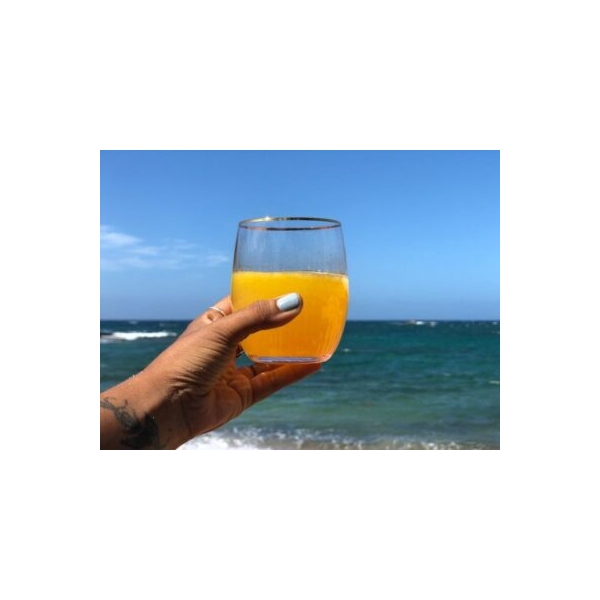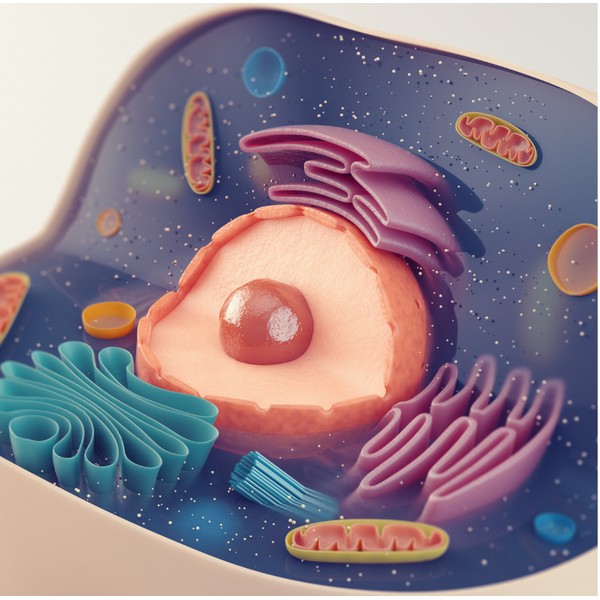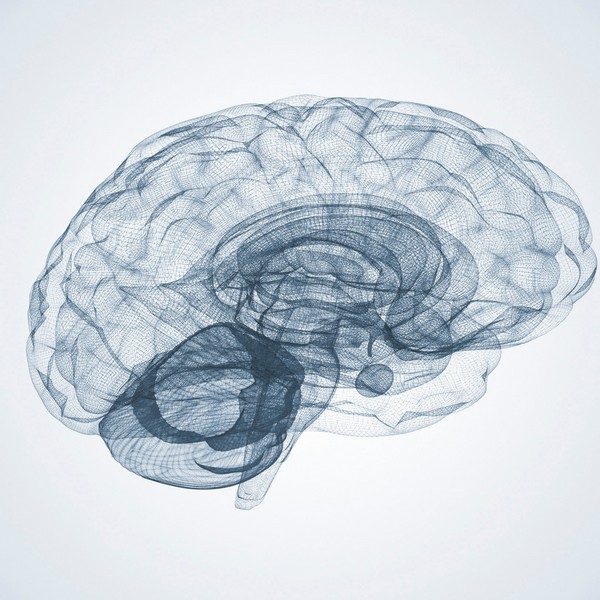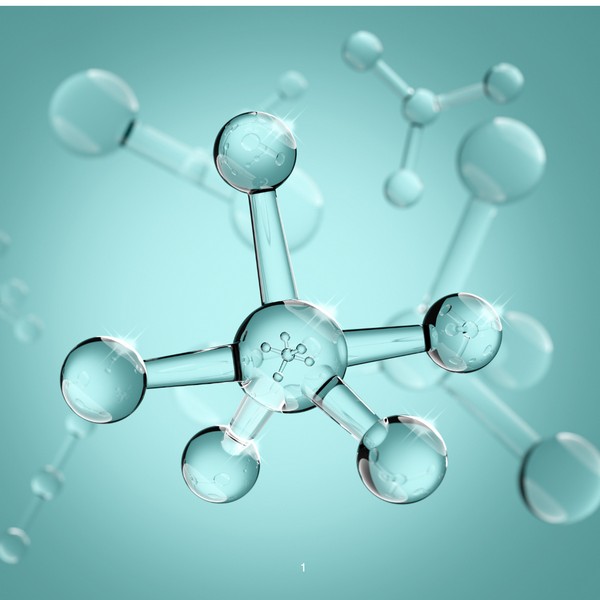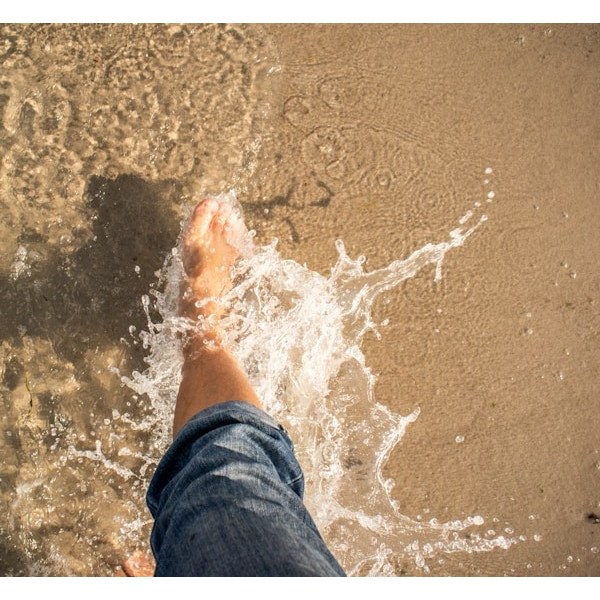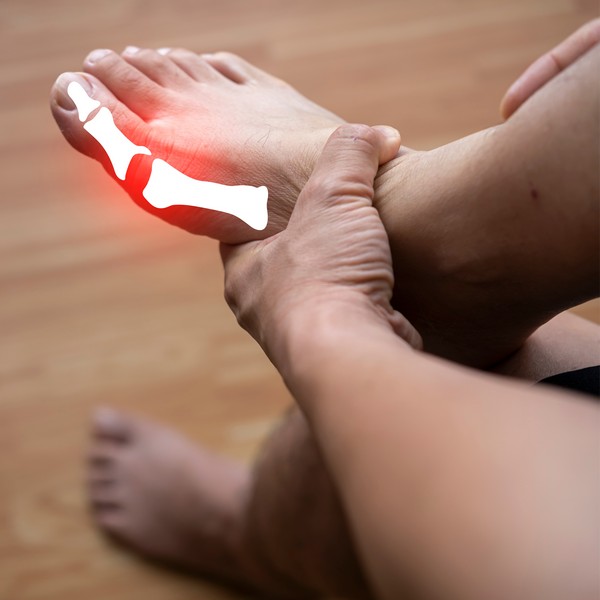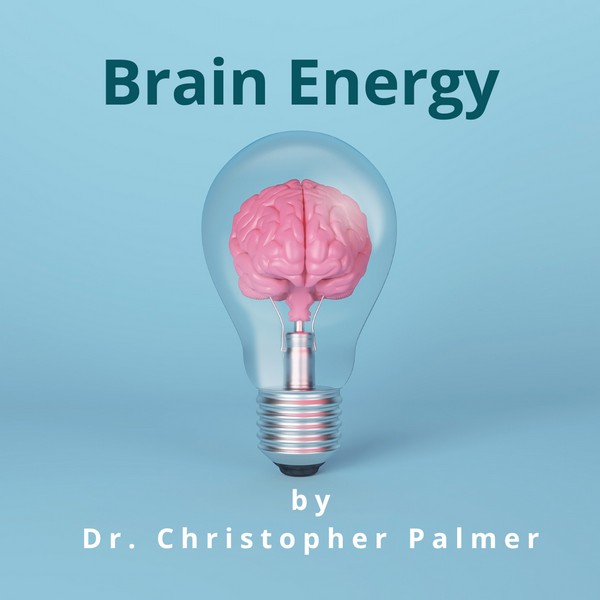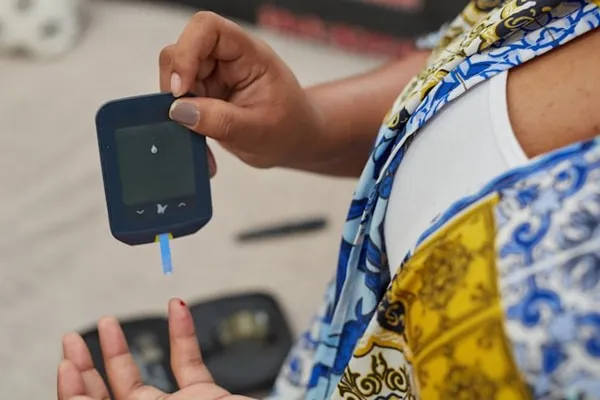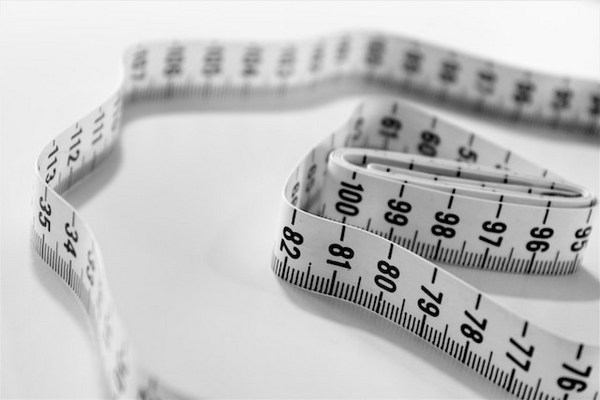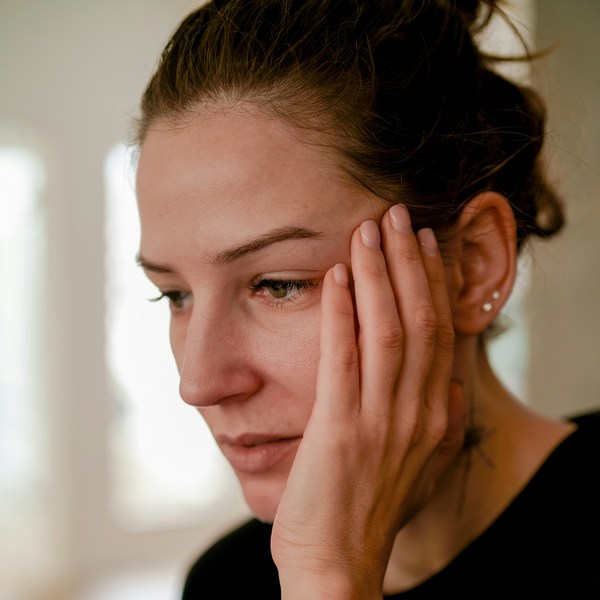Table of Contents
The importance of regularly getting at least seven hours of quality sleep cannot be overstated. In fact, optimal sleep is hands down one of the most potent constituents in the pursuit of holistic health and wellness. Sleep deprivation and sleep disorders should never be allowed to persist. If you have ever experienced tossing and turning all night, then you understand the frustration a lot of people endure.
U-shaped association between sleep duration and biological aging: Evidence from the UK Biobank studyhttps://t.co/1l5PkaW8W8 | @AgingCell pic.twitter.com/Hazr5E1ITD
— Agingdoc⭐David Barzilai🔔MD PhD MS MBA DipABLM🩺 (@agingdoc1) April 1, 2024
If your sleep is not ideal, it is hoped that the following recommendations can improve your sleep quality. These are not hard and fast commandments set in stone so feel free to deviate to what is comfortable for you but you would do well to follow them closely.
The more accurately you stick to the guidelines the deeper and more restorative your sleep will be and the better you will be equipped to take on the world.
Limit Power Naps
Avoid napping during the day. If you feel you absolutely need to take a nap, set a timer and stick to it.
Don’t take naps for longer than 30 minutes. If you sleep for more than 30 minutes there is a possibility you could go into deep sleep.
When you suddenly exit deep sleep without completing a sleep cycle you are probably going to wake up groggy and fatigued. Unfortunately, that’s the good part.
Those accustomed to frequent naps can look forward to being predisposed to high blood pressure, obesity, and elevated blood glucose levels (Vizmanos, et al. 2023).
Modulate Sunlight Exposure
Your environment has a direct effect on your circadian rhythm. Exposure to signals from temperature and light needs to be managed and honed to your benefit.
Embrace direct sunlight for a few minutes when you wake up in the morning and likewise at sunset in the evening.
Infrared light exposure is directly linked to your body’s natural melatonin production. Interestingly, the light emitted from a campfire, candles, and even incandescent lightbulbs could be beneficial, particularly in contrast to the cold clinical blue light of fluorescent and LEDs.
Pay Attention to Caffeine

Pay attention to your daily caffeine consumption. Okay, don’t panic, you don’t have to completely give up your precious coffee.
Coffee contains very beneficial magnesium, potassium, and antioxidants. Just be mindful of the time of day when you have your caffeine-laden cup of joe or tea.
You should not consume any caffeine after 2 pm so as to not interrupt your sleep cycle.
Schedule Bedtime

Not meaning to trigger flashbacks of your parents sending you to bed early as a child but they were on to something. Ideally, bedtime should not be later than 9 pm.
Start planning your day with that goal in mind and work backward from there to arrange your daily activities accordingly.
Immense benefits would be derived from developing a structured wind-down routine at the end of the day.
Plan Ahead for Dinnertime

In an ideal scenario, you would not have dinner any later than 6 pm. Dinner should be 3 hours before bedtime and contain a small amount of complex carbohydrates or resistant starch.
Consider one small serving of sweet potatoes, plantain, or rice that has been previously cooked way in advance and allowed to cool down or even get cold.
If things don’t go as planned and dinner ends up being 2 hours before bedtime, eliminate carbohydrates completely.
If dinner ends up being 1 hour before bedtime, eliminate carbohydrates and fat completely so you should only eat lean protein.
Melatonin: Not what you thought
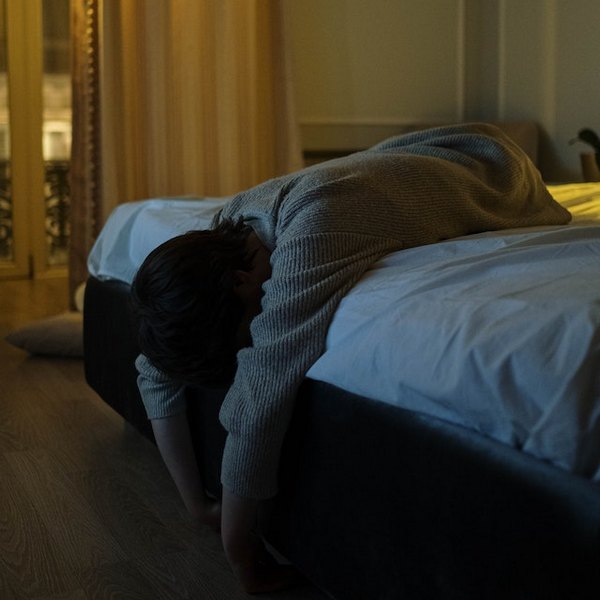
Melatonin is a hormone produced in the pineal gland with important functions. The most popular function is its role in sleep regulation. However, DO NOT use melatonin supplements as a crutch to fall asleep.
Get natural food sources of melatonin by having a kiwi, a handful of pistachios, or some unsweetened tart cherry instead.
Coupled with ancestrally accurate, appropriately timed, optimized light exposure, you would have all the melatonin you could ever need.
Sleep Environment
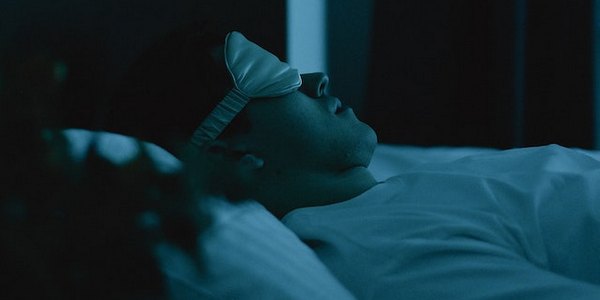
Consider a time before humans invented artificial lighting. Once the sun went down the place would get progressively colder and darker. With this in mind, your bedroom should be relatively quiet, totally dark, and cold.
A calming sanctuary of uninterrupted serenity. Use blackout curtains if necessary and try to establish an average room temperature of between 15.6 and 20 degrees Celsius or 60 and 68 degrees Fahrenheit.
Colder temperatures signal to your body that it’s time to shut down for the day to rest and recharge.
Hot Bath or Shower
Taking a hot bath or shower before bed can greatly improve the quality of your sleep. The warm water relaxes your muscles and helps to reduce stress and tension, making it easier to fall asleep and stay asleep throughout the night.
Additionally, the drop in body temperature after stepping out of the bath or shower signals to your body that it’s time to rest, promoting a more restful and rejuvenating sleep experience.
Try incorporating this simple and enjoyable routine into your nighttime routine for better sleep.
Eliminate Blue Light

This may sound insane but try it. Stop using electronic devices after 6 p.m. or install blue light filters on all devices or manually reduce the brightness of screens as the evening progresses.
A great free program to install for Windows computers is F.Lux. There are multiple apps for Android.
On your iPhone or iPad, go to [Settings], [Display & Brightness] and Tap the [Night Shift] setting. Yet another option is to wear blue light blocking glasses.
You would benefit immensely from replacing all your ultra-modern bright new energy-efficient LED light bulbs back with those ugly yellow absolutely ancient incandescent ones.
Those super old bulbs gave off tons of heat due to their expression of the infrared spectrum of light. Funny how that works, huh?
Sleep Stack
Adrenal Cocktail
The Adrenal Cocktail is the most important intervention and precedes all others. Twice daily between meals, consume adrenal cocktails such as Jigsaw Health Adrenal Cocktail. Although this is consumed long before bedtime the influx of potassium, vitamin c and balance of minerals lays the foundation.
If you wish to make it yourself, the ingredients are:
Unrefined Sea Salt — NOT regular table salt or iodized salt. Instead, Celtic Sea Salt, Himalayan Pink Salt, Redmond Real Salt, Baja Gold Salt
Potassium — Potassium Bicarbonate or Potassium Bitartrate
Vitamin C Complex -NOT Ascorbic Acid/Citric Acid/Ascorbate. Instead use Amla, Acerola or Camu Camu.
Magnesium
For many people, Magnesium alone is all that is needed for wonderfully restorative sleep.
Take Dimagnesium Malate in the morning and
Take Magnesium Threonate or Magnesium BisGlycinate in the evening, 1–2 hours before sleep.
Start with half of a pill (Threonate or Bisglycinate) in the evening daily for the 1st week, and increase weekly until reaching a daily dosage of 5mg per pound of body weight divided equally between morning and evening.
For even more sleep support, after a month of magnesium supplementation, you could introduce additional supplements one at a time less than four nights a week in an alternating cycle with gaps, about an hour before bed.
- Myo-inositol
- Glycine
- GABA (Gamma-Aminobutyric Acid)
- Apigenin — For Men Only
| Inositol | Glycine | GABA |
| 900 mg | 2g to 3g | 200mg |
| On different nights from GABA & Glycine | Amino Acid that promotes sleep | May require a week of use to kick in |
| See on Amazon | See on Amazon | See on Amazon |
Numerous scientific papers provide evidence for the potential benefits of these natural sleep aids in promoting relaxation, reducing anxiety, and improving sleep quality. However, it’s essential to consult a healthcare professional before starting any new supplement regimen, especially if you have a pre-existing medical condition or are taking medications.
Research
Abdou, A. M., Higashiguchi, S., Horie, K., Kim, M., Hatta, H., & Yokogoshi, H. (2006). Relaxation and immunity enhancement effects of gamma-aminobutyric acid (GABA) administration in humans. BioFactors, 26(3), 201-208.
Bannai, M., Kawai, N., Ono, K., Nakahara, K., & Murakami, N. (2012). The effects of glycine on subjective daytime performance in partially sleep-restricted healthy volunteers. Frontiers in Neurology, 3, 61.
Mashayekh-Amiri S, Delavar MA, Bakouei F, Faramarzi M, Esmaeilzadeh S. The impact of myo-inositol supplementation on sleep quality in pregnant women: a randomized, double-blind, placebo-controlled study. J Matern Fetal Neonatal Med. 2022 Sep;35(18):3415-3423.
https://doi.org/10.1080/14767058.2020.1818225
Urrila, A. S., Hakkarainen, A., Castaneda, A., Paunio, T., Marttunen, M., & Lundbom, N. (2017). Frontal cortex Myo-inositol is associated with sleep and depression in adolescents: a proton magnetic resonance spectroscopy study. Neuropsychobiology, 75(1), 21-31.
https://doi.org/10.1159/000478861
Srivastava, J. K., Shankar, E., & Gupta, S. (2010). Chamomile: A herbal medicine of the past with a bright future. Molecular Medicine Reports, 3(6), 895-901.Peuhkuri, K., Sihvola, N. and Korpela, R. (2012). Diet promotes sleep duration and quality. Nutrition Research, 32 (5), Elsevier BV., pp.309–319.
https://doi.org/10.1016/j.nutres.2012.03.009.
te Kulve, M., Schlangen, L.J.M. & van Marken Lichtenbelt, W.D. Early evening light mitigates sleep compromising physiological and alerting responses to subsequent late evening light. Sci Rep 9, 16064 (2019).
https://doi.org/10.1038/s41598-019-52352-
wWehrens, S. M. T. et al. (2017). Meal Timing Regulates the Human Circadian System. Current Biology, 27 (12), Elsevier BV., pp.1768-1775.e3.
https://doi.org/10.1016/j.cub.2017.04.059
Brown, T. M. et al. (2022). Recommendations for daytime, evening, and nighttime indoor light exposure to best support physiology, sleep, and wakefulness in healthy adults. PLOS Biology, 20 (3), Public Library of Science (PLoS)., p.e3001571.
https://doi.org/10.1371/journal.pbio.3001571
Vizmanos, B., Cascales, A. I., Rodríguez-Martín, M., Salmerón, D., Morales, E., Aragón-Alonso, A., L. Scheer, A. J., & Garaulet, M. (2023). Lifestyle mediators of associations among siestas, obesity, and metabolic health. Obesity, 31(5), 1227-1239.
https://doi.org/10.1002/oby.23765
Premranjan Kumar, PhD and others, Supplementing Glycine and N-Acetylcysteine (GlyNAC) in Older Adults Improves Glutathione Deficiency, Oxidative Stress, Mitochondrial Dysfunction, Inflammation, Physical Function, and Aging Hallmarks: A Randomized Clinical Trial, The Journals of Gerontology: Series A, Volume 78, Issue 1, January 2023, Pages 75–89,
https://doi.org/10.1093/gerona/glac135
Melatonin: Functions and Benefits
Key Takeaways Melatonin helps regulate sleep-wake cycles, signaling the body to rest as it gets dark. It acts as an antioxidant, protecting cells from damage….
Elimination Diets: Find the Foods Behind Your Symptoms
Key Takeaways Elimination diets identify food intolerances by removing and reintroducing specific foods. Divided into two phases: elimination and reintroduction. Items like gluten, soy, and…
DNA & Longevity: Can You Live to 200?
Key Takeaways: Longevity is shaped by a mix of genetics and lifestyle. Certain genes are linked to longer lifespans. Lifestyle choices can influence how long…
Sunburn Prevention: Holistic and Natural Approaches
Key Takeaways A poor diet increases the risk of sunburn and skin damage. Short, regular sun exposure reduces the risk of sunburn. Early morning and…
Autism: Causes, Symptoms, and Management
Key Takeaways Autism Spectrum Disorder (ASD) is a complex neurodevelopmental condition that varies widely in symptoms and severity. Both genetic and environmental factors contribute to…
How Insulin Regulates Blood Sugar
Key Takeaways Insulin helps regulate blood sugar by moving glucose into cells. Imbalances in insulin levels can cause conditions like diabetes. Insulin resistance can lead…
Do Artificial Sweeteners Cause Weight Gain? The Surprising Truth
Key Takeaways – Artificial sweeteners may disrupt gut microbiome balance, impacting digestion and immune health. – These sweeteners can interfere with natural metabolism, leading to…
Gestational Diabetes Management: Expert Tips for Success
Key Highlights Gestational diabetes, marked by glucose intolerance during pregnancy, requires careful blood sugar control. A healthy pregnancy with gestational diabetes includes regular exercise, a…
The EWG Dirty Dozen: What You Need to Know
Key Takeaways The Dirty Dozen list highlights fruits and vegetables with the highest levels of pesticide residues. In 2024, strawberries, spinach, and kale top the…
Adrenal Cocktail: Recipe and Benefits
Key Takeaways The adrenal cocktail supports adrenal health and maintains energy levels. Combines potassium, sodium, and vitamin C for effective adrenal nourishment. Consumed in the…
Fluoride: Risks & Controversies
Key Takeaways Fluoride is widely used in dental products and water supplies, but its safety is debated. Overexposure to fluoride can lead to conditions like…
Osteoarthritis Symptoms & Home Remedies
Key Takeaways Lifestyle adjustments and alternative therapies contribute to overall symptom management. Low-impact exercises and physical activity help maintain mobility and reduce pain. Heat and…
Are Energy Drinks Dangerous?
Key Takeaways: Caffeine is the most common stimulant in energy drinks. Sugar, though harmful, is widely used in energy drinks. Electrolytes help maintain hydration and…
The Randle Cycle: Glucose Fat Energy Dilemma
Key Takeaways The Randle Cycle explains how the body chooses between burning glucose and fatty acids for energy. Enzymes and hormones play a key role…
GABA (gamma-aminobutyric acid)
Key Takeaways GABA is a neurotransmitter that helps calm the nervous system. Low GABA levels can lead to anxiety, stress, and sleep problems. Natural precursors…
Why Sunlight is Essential for a Healthy Life
Key Takeaways Sunlight helps the body produce vitamin D, supporting bone health and immune function. Exposure to sunlight can improve mood and reduce symptoms of…
Superoxide Dismutase: Your Body’s Antioxidant Defender
Key Takeaways SOD protects against oxidative stress by neutralizing free radicals. Copper is necessary for SOD to function. Low SOD activity can lead to aging,…
Managing Menopause Symptoms – A Guide to Navigate this Life Stage
Exercise RoutineManaging Stress Improving Sleep HabitsSeeking Emotional Support:Adjusting Your DietConsidering Alternative TherapiesFrequently Asked Questions Menopause is a natural stage in a woman’s life marking the…
Natural Remedies for Common Ailments: From Headaches to Allergies
Key Takeaways The appeal of natural remedies lies in their holistic approach, fewer side effects, and environmental sustainability. Specific natural remedies can effectively alleviate common…
Does Grounding or Earthing Actually Work?
Oxidative Stress: Causes, Effects, Solutions
Key Takeaways Oxidative stress results from an imbalance between free radicals and antioxidants in the body, leading to cellular damage. Chronic oxidative stress contributes to…
Ceruloplasmin: The Master Antioxidant
Key Takeaways: Ceruloplasmin is a copper-containing enzyme essential for iron metabolism and preventing oxidative stress. It helps transport iron safely, preventing iron overload in tissues…
Diatomaceous Earth: Natural Uses & Benefits
Key Takeaways – Diatomaceous earth is a natural powder made from fossilized algae called diatoms. – It helps cleanse the body of toxins and heavy…
Adrenal Fatigue: Symptoms & Prevention
Key Takeaways: Adrenal fatigue is often linked to prolonged stress, leading to tiredness, brain fog, and mood swings. Disruptions in cortisol production can affect energy,…
Bromate: Its Impact on Your Thyroid & Nervous System
Key Takeaways Bromate is a toxic byproduct from water disinfection, impacting thyroid and nervous system health. It interferes with iodine, leading to thyroid dysfunction and…




